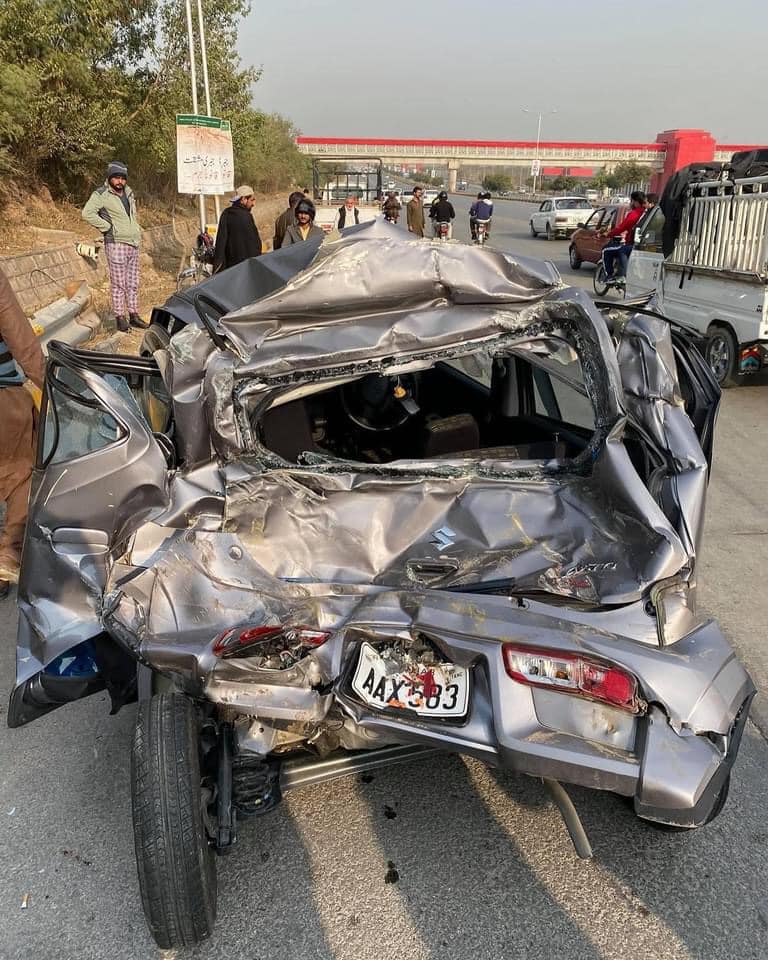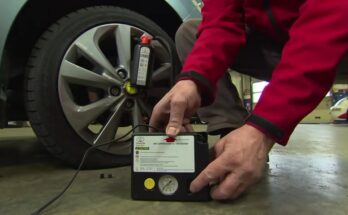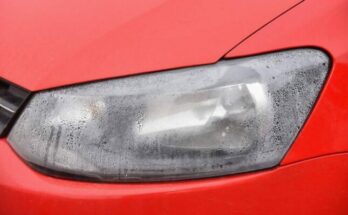Have you ever wondered whether the resale value of a car outweighs the importance of your life? It’s a controversial topic that ignites intense debates among prospective buyers and car enthusiasts alike. In our quest to find the perfect vehicle, financial aspects often clash with the crucial factor of personal safety. Let us explore the dilemma surrounding car resale value and the intrinsic value of safety.
Understanding Car Resale Value
Car resale value refers to the financial worth a vehicle retains over time. When purchasing a car, many buyers consider its future value as a significant factor since it affects their potential return on investment.
Related: 10 Factors that Affect the Resale Value of Your Car
Several elements influence a vehicle’s resale value, including its age, mileage, brand reputation, model desirability, condition, and maintenance history. Understanding these factors helps buyers make informed decisions when considering the financial implications of their choice.
The Significance of Car Safety
While financial factors are crucial, personal safety should never be compromised. Car safety is paramount, as it directly affects the well-being of you and your loved ones. Features such as crash test ratings, certifications, advanced driver-assistance systems (ADAS), anti-lock braking systems (ABS), and stability control contribute to a vehicle’s safety measures. These safety features not only provide peace of mind but also play a role in determining a car’s resale value by influencing buyer preferences.
Analyzing the Trade-off: Resale Value vs Safety
Balancing financial considerations with personal safety poses a challenging trade-off for car buyers. Some prioritize maximizing resale value, while others prioritize the safety of themselves and their passengers. Consumer perspectives vary widely, influenced by factors like financial circumstances, risk tolerance, and personal values. Real-world examples and case studies that illustrate the trade-off paradox might help people understand the implications of their choices and make better decisions.
Related: The Deadly Costs of Ignoring Crash Safety in Pakistan
The dilemma of choosing between resale value and safety extends beyond personal preference to moral and ethical considerations. Prioritizing resale value over safety raises concerns regarding a society that devalues personal well-being in favor of financial gains. Manufacturers and consumers who prioritize resale value often face criticisms for undermining the importance of human life. In this day and age when safety is counted as the most important aspect of a vehicle, most locally assembled cars in Pakistan still fall short of safety equipment. Hence possible solutions or compromises must be explored to alleviate this dilemma, ensuring that safety is not compromised and personal choices align with societal values.

Looking beyond immediate concerns, a long-term perspective highlights the value of safer cars. Safer vehicles tend to be more reliable, reducing maintenance costs and unexpected repairs in the future. Moreover, prioritizing safety can potentially save lives and reduce healthcare expenses in the event of accidents. Additionally, environmentally and socially responsible choices contribute to the well-being of our planet and future generations.
Conclusion
In conclusion, the debate surrounding the resale value of a car rests within the complex interplay of financial considerations and personal safety. While understanding the factors influencing car resale value is essential, it should never overshadow the importance of safety.
Related: What if Local Assembled Cars are Crash Tested?
Ultimately, personal choices must strike a balance between financial prudence and the intrinsic value of human life. By making informed decisions, we can contribute to a safer and more conscientious car-purchasing culture.

I don’t eat, sleep or dream of cars, I am just someone who loves to see, think & write about cars. I love Ferrari in Pink but they won’t make one for me. I use X to write my full name, but that doesn’t mean I’m inspired by Altis X, in fact, my dad hates it 😀 Btw I’m an occasional writer so don’t expect too much from me 🙂




